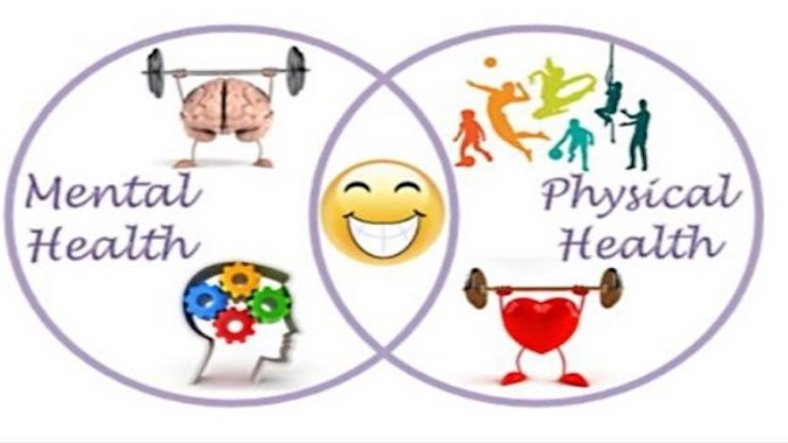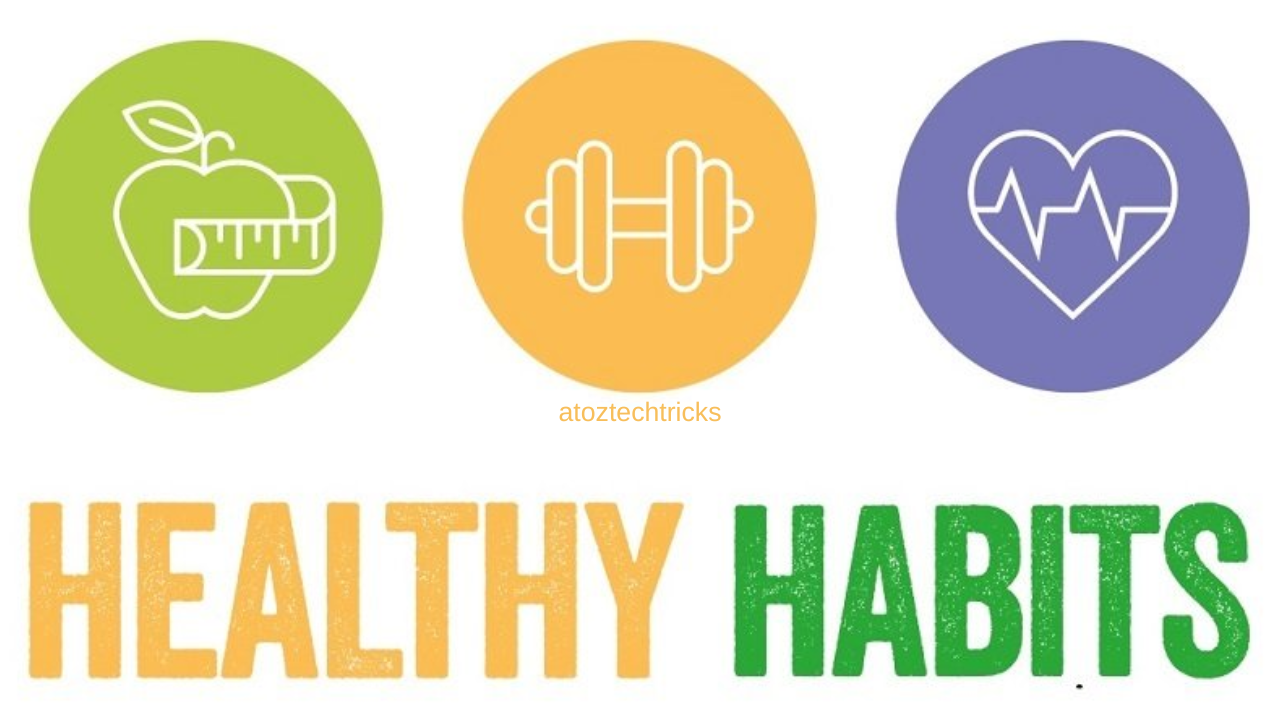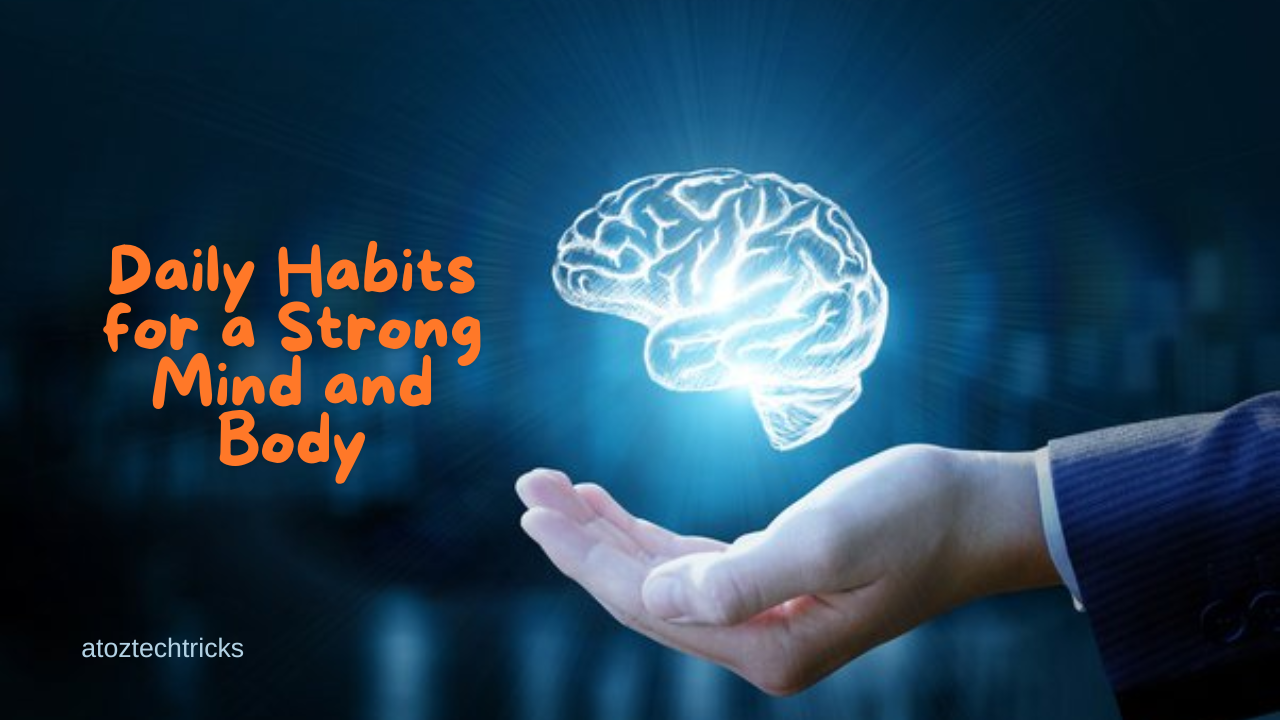Cultivating a Holistic Mindset for Better Health: A Comprehensive Guide
Adopting a holistic mindset involves embracing a comprehensive approach to well-being that addresses all dimensions of health: physical, mental, emotional, and spiritual. This mindset acknowledges the interconnectedness of these aspects and emphasizes balanced living to achieve optimal health. By cultivating a holistic mindset, individuals can foster a healthier, more fulfilling life. This guide explores the principles of a holistic mindset and provides practical strategies for integrating these principles into daily life.
1. Understanding the Holistic Mindset
What is a Holistic Mindset?
A holistic mindset is an approach to life that recognizes and values the interconnectedness of various aspects of health. It moves beyond traditional healthcare, which often focuses on treating symptoms in isolation, to consider the whole person. This mindset encourages individuals to address all dimensions of well-being, understanding that each aspect affects the others.
- Physical Health: The state of the body, including fitness, nutrition, and disease prevention.
- Mental Health: Cognitive functions and mental well-being, including stress management and cognitive clarity.
- Emotional Health: The ability to manage and express emotions effectively.
- Spiritual Health: A sense of purpose, connection, and alignment with one’s values and beliefs.
The Importance of a Holistic Mindset
Adopting a holistic mindset can lead to improved overall health and quality of life. It emphasizes the importance of balancing different aspects of well-being and addressing the root causes of health issues rather than just managing symptoms.
- Interconnectedness: Recognizes that imbalances in one area can impact others, fostering a more comprehensive approach to health.
- Preventive Care: Focuses on maintaining health and preventing disease through lifestyle choices and self-care practices.
- Overall Well-being: Aims for harmony among physical, mental, emotional, and spiritual dimensions, leading to a more fulfilling and balanced life.
Impact of Lifestyle Choices on Holistic Health: A Comprehensive Overview
2. Embracing Physical Wellness
Importance of Physical Health
Physical health forms the foundation of holistic well-being. A healthy body supports all other aspects of health and physical wellness impacts mental, emotional, and spiritual states.
- Exercise: Regular physical activity enhances cardiovascular health, strengthens muscles and bones, and boosts overall energy levels. It also releases endorphins, which improve mood and reduce stress.
- Nutrition: A balanced diet provides essential nutrients, supports bodily functions, and prevents chronic diseases. Proper nutrition affects mental clarity, emotional stability, and physical health.
- Rest and Recovery: Quality sleep is crucial for physical repair, immune function, and overall health. Adequate rest supports cognitive and emotional well-being.
Strategies for Improving Physical Wellness
- Develop a Regular Exercise Routine: Incorporate a mix of aerobic, strength, flexibility, and balance exercises. Choose activities that you enjoy to maintain motivation.
- Eat a Balanced Diet: Focus on whole foods, including fruits, vegetables, lean proteins, and whole grains. Avoid processed foods and excessive sugar.
- Prioritize Sleep: Maintain a consistent sleep schedule, create a relaxing bedtime routine, and optimize your sleep environment.
- Stay Hydrated: Drink plenty of water throughout the day to support bodily functions and overall health.

3. Nurturing Mental Health
Role of Mental Health
Mental health is a crucial component of holistic well-being. It affects cognitive functions, stress management, and overall emotional stability. A healthy mind supports problem-solving, learning, and emotional regulation.
- Cognitive Function: Mental health influences memory, concentration, and decision-making abilities. Stress, anxiety, and depression can impair cognitive functions.
- Stress Management: Effective stress management techniques help maintain mental clarity and resilience. Chronic stress can lead to mental health issues and impact overall well-being.
- Emotional Regulation: Mental health affects the ability to manage and express emotions. Poor mental health can lead to emotional instability and difficulty coping with life’s challenges.
Techniques for Enhancing Mental Health
- Practice Mindfulness and Meditation: Engage in mindfulness or meditation practices to reduce stress, improve mental clarity, and enhance emotional stability.
- Set Realistic Goals: Break tasks into manageable steps and set achievable goals to reduce feelings of overwhelm and improve focus.
- Engage in Mental Exercises: Challenge your brain with puzzles, reading, or learning new skills to keep your mind sharp and engaged.
- Seek Professional Help: Consult with mental health professionals if you experience persistent stress, anxiety, or depression. Therapy and counselling can provide valuable support and strategies.
4. Fostering Emotional Well-being
Importance of Emotional Health
Emotional health involves the ability to understand, express, and manage emotions effectively. It plays a significant role in overall well-being, influencing relationships, stress levels, and overall happiness.
- Emotional Expression: Healthy emotional expression helps prevent the buildup of stress and promotes a balanced mood. Suppressed emotions can lead to physical and mental health issues.
- Emotional Resilience: Developing emotional resilience enables individuals to cope with life’s challenges and bounce back from adversity.
- Relationships: Positive relationships contribute to emotional stability and overall happiness. Strong social connections provide support and enhance emotional well-being.
Strategies for Improving Emotional Health
- Practice Self-Compassion: Treat yourself with kindness and understanding, especially during difficult times. Self-compassion promotes emotional resilience and reduces self-criticism.
- Engage in Reflective Practices: Journaling, mindfulness, and self-reflection can help you understand and manage your emotions more effectively.
- Build Strong Relationships: Foster meaningful connections with family, friends, and community members. Social support plays a crucial role in emotional well-being.
- Seek Professional Support: If you struggle with emotional issues, consider seeking support from a therapist or counsellor to develop effective coping strategies.
Balancing Physical, Mental, and Emotional Well-Being: A Comprehensive Guide
5. Cultivating Spiritual Health
Role of Spiritual Health
Spiritual health involves finding purpose, meaning, and connection in life. It encompasses personal beliefs, values, and practices that provide a sense of direction and fulfilment.
- Sense of Purpose: Spiritual health contributes to a sense of purpose and meaning in life, which can enhance overall happiness and well-being.
- Connection: Spirituality often involves a sense of connection with something greater than oneself, whether it be a higher power, nature, or a sense of community.
- Alignment with Values: Living in alignment with personal values and beliefs contributes to a sense of fulfilment and spiritual well-being.
Practices for Enhancing Spiritual Health
- Engage in Spiritual Practices: Participate in practices that resonate with you, such as meditation, prayer, or mindfulness, to enhance your spiritual connection.
- Reflect on Personal Values: Take time to reflect on your core values and beliefs, and strive to live in alignment with them.
- Seek Community: Connect with like-minded individuals or groups who share your spiritual beliefs or values. Community support can strengthen your spiritual well-being.
- Explore Nature: Spend time in nature to connect with the environment and find a sense of peace and grounding.

6. Integrating Holistic Practices into Daily Life
Creating a Balanced Routine
Integrating holistic practices into daily life involves creating a balanced routine that addresses all aspects of well-being. A well-rounded routine supports physical, mental, emotional, and spiritual health.
- Daily Rituals: Incorporate practices such as exercise, healthy eating, mindfulness, and self-care into your daily routine to maintain balance and well-being.
- Time Management: Prioritize activities that support your holistic health, and create a schedule that allows for self-care, relaxation, and personal growth.
- Set Intentions: Start each day with clear intentions or goals that align with your holistic health objectives. This can help you stay focused and motivated.
Building Healthy Habits
Developing and maintaining healthy habits is key to cultivating a holistic mindset. Consistent practices contribute to overall well-being and help integrate holistic principles into daily life.
- Consistency: Establish regular habits for physical activity, healthy eating, sleep, and self-care. Consistency reinforces positive behaviours and supports long-term health.
- Mindful Living: Practice mindfulness in everyday activities to stay present and enhance your overall experience. Mindful living can improve mental clarity and emotional stability.
- Self-Care: Prioritize self-care activities that nourish your body, mind, and spirit. Regular self-care helps prevent burnout and supports holistic health.
7. Overcoming Challenges and Maintaining a Holistic Mindset
Common Obstacles
Maintaining a holistic mindset can be challenging due to various obstacles, including:
- Busy Schedules: Managing a demanding schedule can make it difficult to prioritize holistic practices and self-care.
- Stress and Pressure: External pressures and stress can interfere with maintaining a balanced approach to health and well-being.
- Lack of Support: Limited support from family, friends, or community can make it challenging to integrate holistic practices into daily life.
Strategies for Overcoming Challenges
- Create a Support System: Build a network of supportive individuals who encourage and motivate you to maintain a holistic mindset.
- Practice Flexibility: Be adaptable and open to adjusting your routine as needed. Flexibility allows you to address challenges without compromising your holistic goals.
- Focus on Progress: Recognize and celebrate small victories and progress toward your holistic health objectives. Acknowledge that achieving balance is an ongoing process.
- Seek Professional Guidance: Consult with health professionals, such as therapists, nutritionists, or fitness experts, to receive personalized support and guidance.
Incorporating Alternative Therapies for Holistic Health: A Comprehensive Guide
8. Measuring and Reflecting on Holistic Health
Assessing Your Holistic Health
Regularly assessing your holistic health helps you understand your progress and identify areas for improvement. Consider the following dimensions:
- Physical Health: Track fitness levels, dietary habits, and overall physical well-being.
- Mental Health: Evaluate cognitive function, stress levels, and mental clarity.
- Emotional Health: Reflect on emotional stability, relationships, and overall happiness.
- Spiritual Health: Assess your sense of purpose, alignment with values, and spiritual connection.
Reflecting on Your Journey
Regular reflection allows you to assess your holistic health journey and make adjustments as needed. Consider keeping a journal to document your experiences, progress, and challenges.
- Set Goals: Establish clear goals for each dimension of health and regularly review your progress.
- Celebrate Achievements: Acknowledge and celebrate milestones and successes in your holistic health journey.
- Adjust as Needed: Be open to making adjustments to your routine and practices based on your reflections and experiences.

Cultivating a holistic mindset for better health involves embracing a comprehensive approach that addresses physical, mental, emotional, and spiritual dimensions of well-being. By integrating holistic practices into daily life, individuals can achieve a balanced and fulfilling life.
- Physical Wellness: Prioritize exercise, nutrition, rest, and hydration to support overall health.
- Mental Health: Practice mindfulness, set realistic goals, and seek professional support to enhance mental clarity and resilience.
- Emotional Well-being: Foster emotional health through self-compassion, reflective practices, and strong relationships.
- Spiritual Health: Engage in spiritual practices, reflect on personal values, and connect with a supportive community.
By adopting a holistic mindset and integrating these principles into daily life, individuals can achieve optimal health and well-being, leading to a more balanced and fulfilling life.




Post Comment